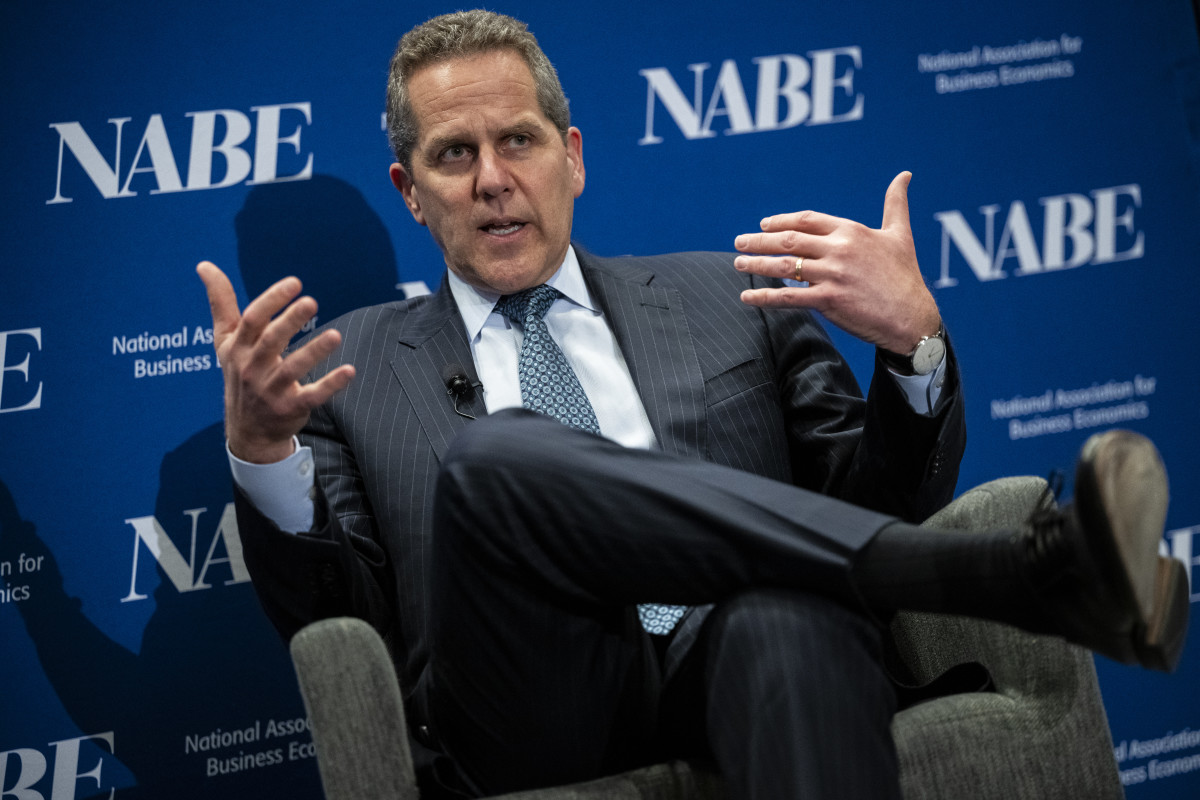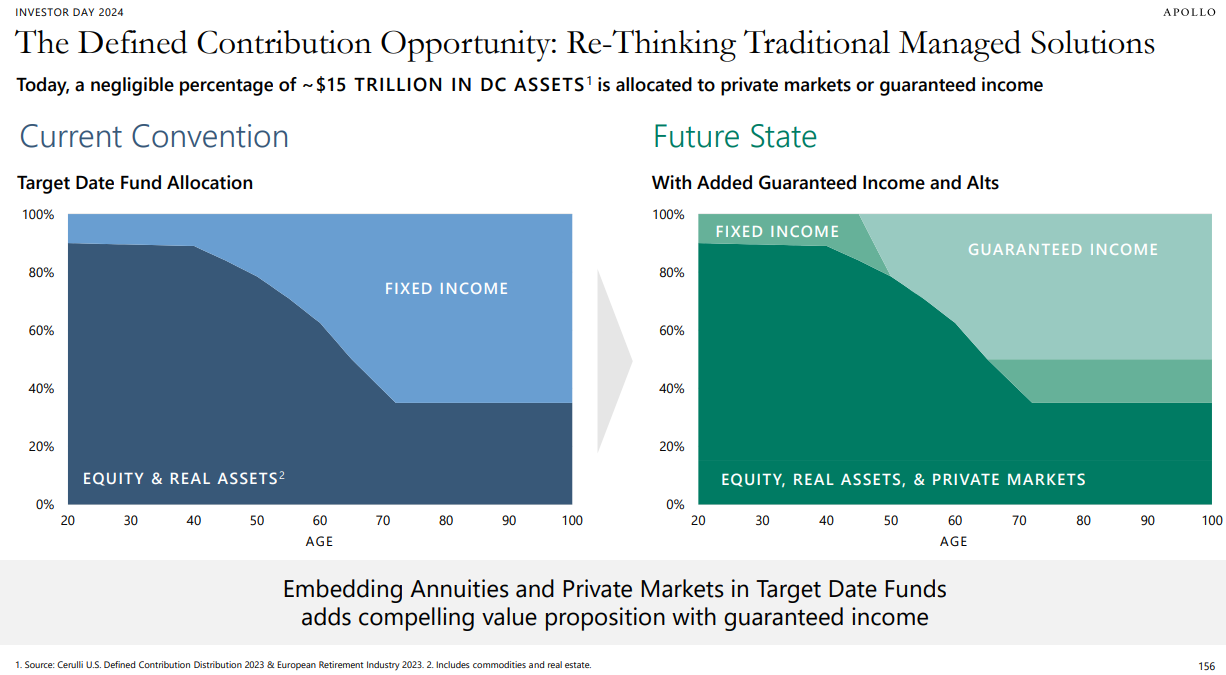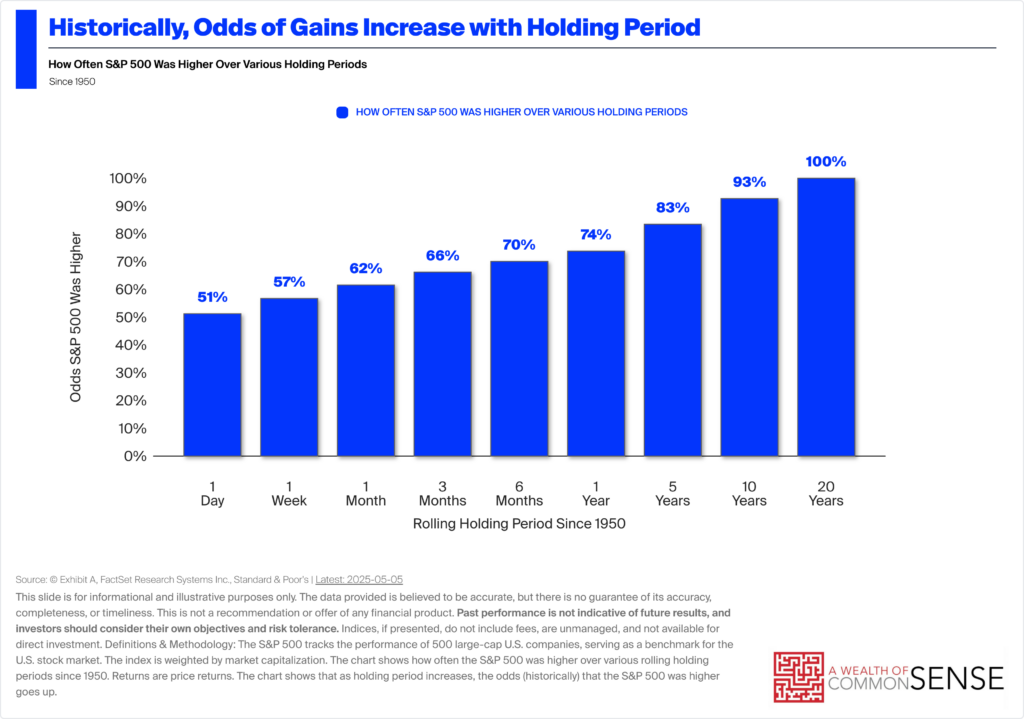Many CFOs back AI for business—but not for their own finance teams
AI adoption is lagging for some finance teams.

Good morning. Two things are happening at the same time: companies are making huge investments in AI, but some finance leaders remain hesitant to incorporate AI into their own finance functions.
A recent Gartner survey found that many organizations still struggle to turn investments in both traditional and generative AI into material improvements in worker productivity. Meanwhile, a survey by Emburse of CFOs and other finance professionals in the U.S. (1,000) and U.K. (500), released this week, finds that two-thirds have invested in AI. However, AI adoption isn’t the biggest priority for most finance teams. Only 16% of respondents cited AI innovation as their department’s top focus, compared to 39% who prioritized cost-cutting and efficiency measures, and 24% focused on compliance and risk management.
Still, some finance leaders remain hesitant. The top concerns about AI are data security and privacy risks, the potential for AI to make mistakes or introduce errors, and the effect on the finance role.
Another finding of the survey is that, over the next five years, respondents expect AI to transform planning and forecasting the most. I think this shows an understanding of the prevalence of AI, but leaders want to ensure they’re mitigating risk in its implementation. It seems that, for finance leaders to have that security, they’ll need to be fully involved in the AI strategy and practice cross-departmental collaboration.
I recently had a conversation with Zachary Wasserman, CFO of Huntington Bancshares Inc., about this topic. “I'm really thrilled to work with some great people to drive all of our data and analytics, with AI being a big focus of that,” Wasserman told me. “I lead all of the finance functions, but I also lead all the strategy functions.” He made a poignant point—AI is part of the broader organizational strategy, which is why the data and analytics function resides within the CFO’s office.
If your company is implementing AI in any area, it should be part of a broader strategy that connects to every department, including finance. Zane Rowe, CFO of Workday, is steering AI strategy both company-wide and within the finance team. “We see a lot of opportunity for people to be working alongside AI agents,” Rowe told me. For example, in the purchasing group of the finance organization, an AI agent can scour thousands of contracts to assess whether, when a particular vendor comes up for renewal, discounts come into play, he said.
It’s certainly important to mitigate risk when incorporating generative AI into the finance function. Experts advise identifying appropriate use cases and caution against implementing AI for its own sake. Proper hardware and software infrastructure are also necessary. But finance teams must be prepared for the future. "Generative AI and other digital technologies are transforming the way work is done, and finance roles are no exception," according to McKinsey.
Have a good weekend.
Sheryl Estrada
sheryl.estrada@fortune.com
*********
New survey: Tariffs could potentially reshape the business landscape, raising concerns about new risks and cost pressures. As a finance leader, your insights are critical. By sharing your perspective in CFO Daily’s short survey on tariffs, your experience can help others turn risk into resilience. Please take a few minutes to complete the survey and join your peers in shaping how the office of the CFO navigates this era of trade uncertainty. Share your voice—you can complete our survey here. Thank you!
This story was originally featured on Fortune.com










































































































































































